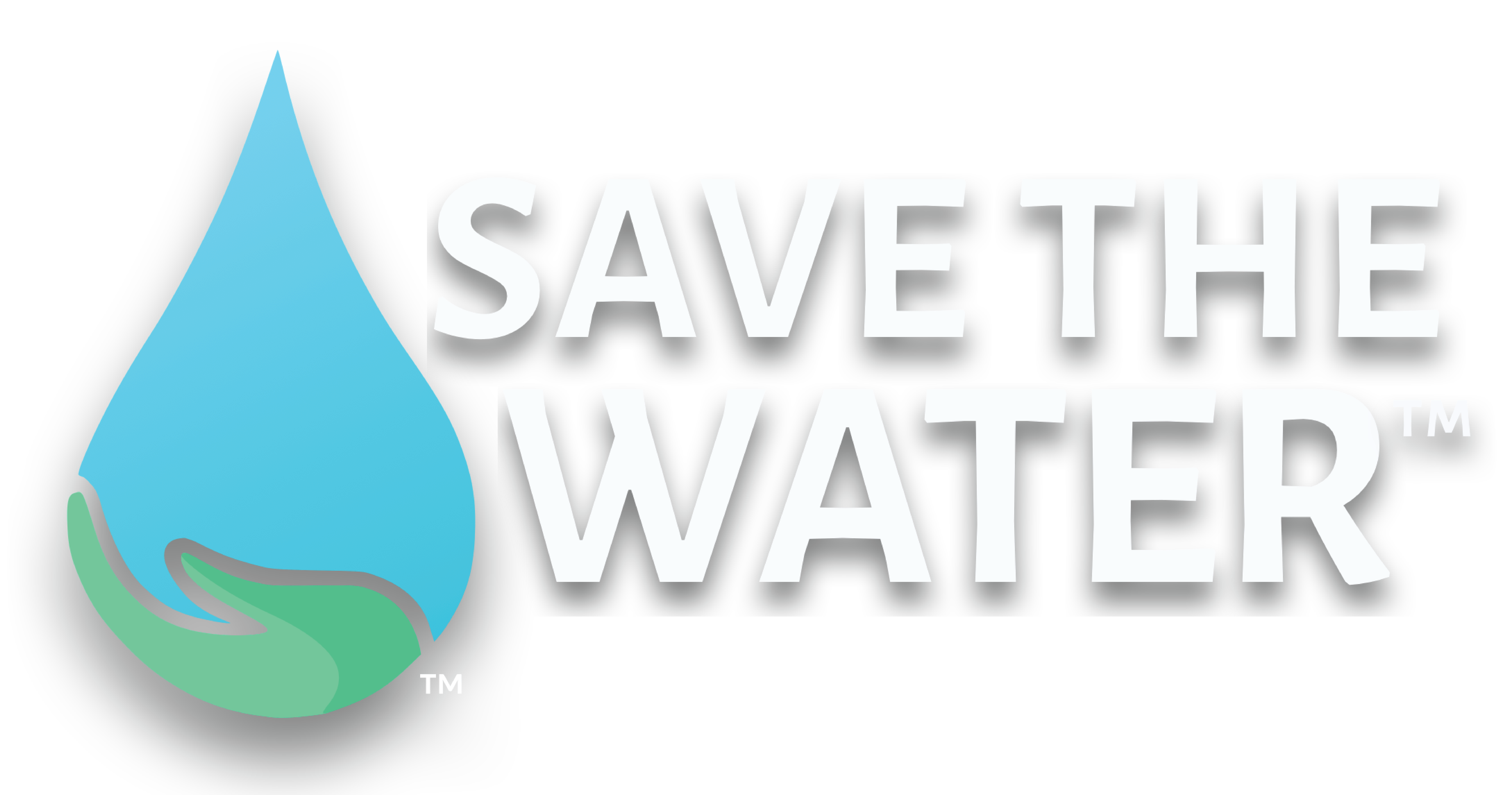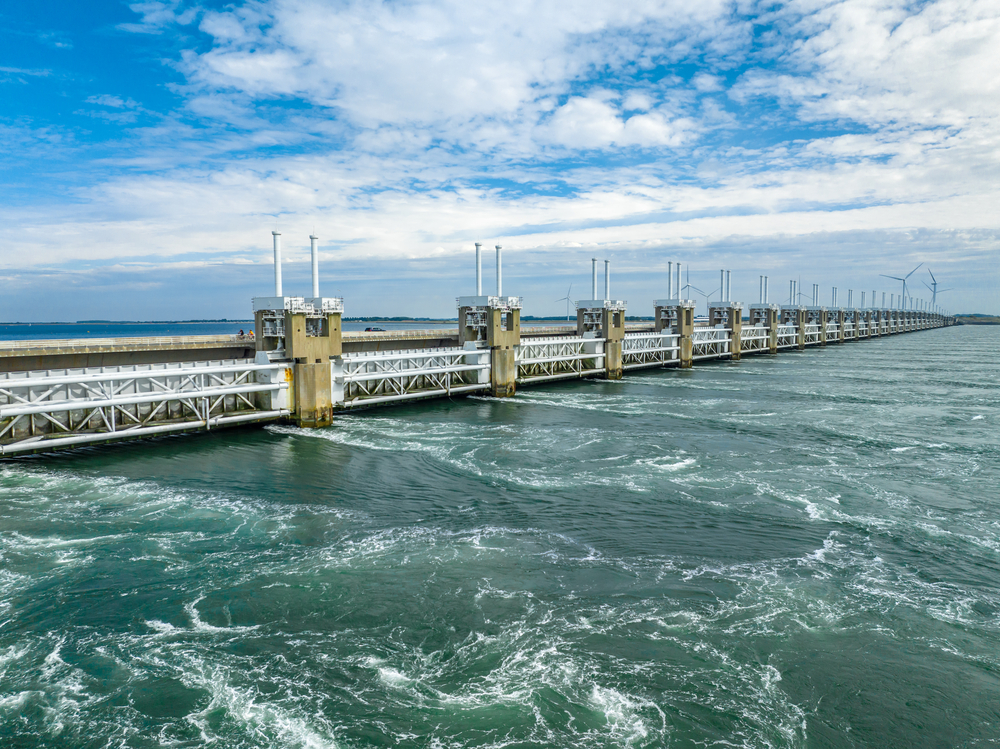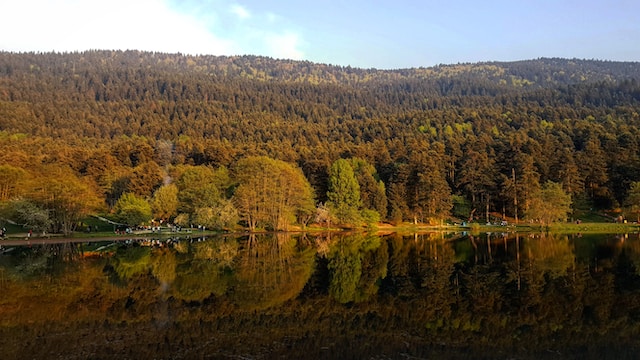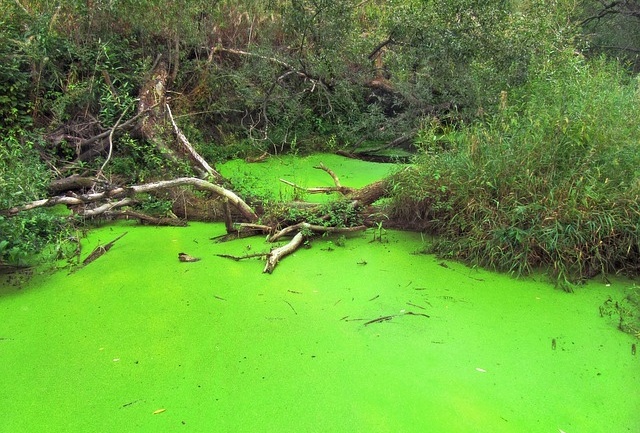By Thu T. A. Nguyen, Publishing Associate: Researcher and Writer at Save the Water™ | November 3, 2023
Water is the most important substance for life. However, freshwater sources can be threatened in many ways: drought, pollution, saltwater intrusion, and so forth. In recent months, news outlets paid specific attention to the example of saltwater intrusion in New Orleans.
What is Saltwater Intrusion?
Saltwater intrusion (or infiltration) is what it’s called when water from the ocean flows into freshwater in rivers.
Naturally, there is a large amount of water flowing from rivers into the ocean. The water comes from mountains, rain in higher places, and smaller streams. Most often, rain is the main source of water for rivers. When there isn’t enough water flowing from the river, the ocean water can go back into the rivers.
Adding to this problem, the global sea level has been increasing since 1880. This can bring an array of issues, like in the figure below.
Current Situation in New Orleans
In recent years, there have been extreme drought conditions across the US. This has caused the water level on the Mississippi River to decrease for the second year in a row. Additionally, according to the US Geological Survey, the Mississippi River has flowed at half the rate needed to keep saltwater at bay. On September 22, President Joe Biden announced a federal emergency in Louisiana to bring federal disaster assistance to the area. This greatly helped the relief efforts.
Without a more permanent solution, this issue will potentially affect 8 hundred thousand people or more through to the end of October. State officials predict that this saltwater intrusion could last until January of next year. Not only is the saltwater unsafe to drink, but it can also corrode lead pipes, bringing additional health threats.
Currently, the water in New Orleans is still safe to drink. However, a solution must be found soon because the situation is dire.
What are State Officials Doing?
Multiple urgent actions have been taken by State officials and the Army Corps to alleviate the severity of this problem:
- The Army Corps has built several barriers, also called sills, to prevent the salt water from moving further upstream.
- Reverse osmosis filters are used to produce salt-free, safe drinking water.
- The Army Corps has also planned to mix 36 million gallons of freshwater into the Mississippi River a day. This is meant to lower the salt concentration in drinking water. It’s a temporary solution due to the scarcity of the reverse osmosis filtration system.
- Officials proposed building a water pipeline to deliver fresh water from upstream to New Orleans and Jefferson Parish. This pipeline would cost between $100 and $250 million.
What Can You Do To Prevent Saltwater Intrusion?
Saltwater has infiltrated Florida multiple times since the 1940s. Even with the most desalination plants in the nation, the state continues to face this issue to the present day. However, with the joint efforts between different organizations, the problem is temporarily within control. This issue is complex, and thus requires a combination of multiple approaches to solve.
Saltwater intrusion also affects agriculture. Therefore, there are several ways that farmers can adapt and help slow down the invasion of saltwater into farmland:
- Irrigation can remove excess salt in the soil.
- Gypsum can be added to the soil.
- Crops such as barley, salt-tolerant soy, and grasses are being tested by researchers to see what salt concentration they can withstand.
This problem is not only limited to New Orleans, Florida, and the United States. Potentially facing the same problem, governments in British Columbia, Canada have issued a guideline on saltwater intrusion prevention. This guideline focuses on instructions for well-drilling and water-monitoring options.
Similarly, Miami-Dade County in the US applied a 20-year Water Use Efficiency Plan to reduce this threat. This plan includes advocating for the use of high-efficiency plumbing fixtures in homes and businesses. Additionally, it enacts permanent landscape irrigation restrictions and more.





